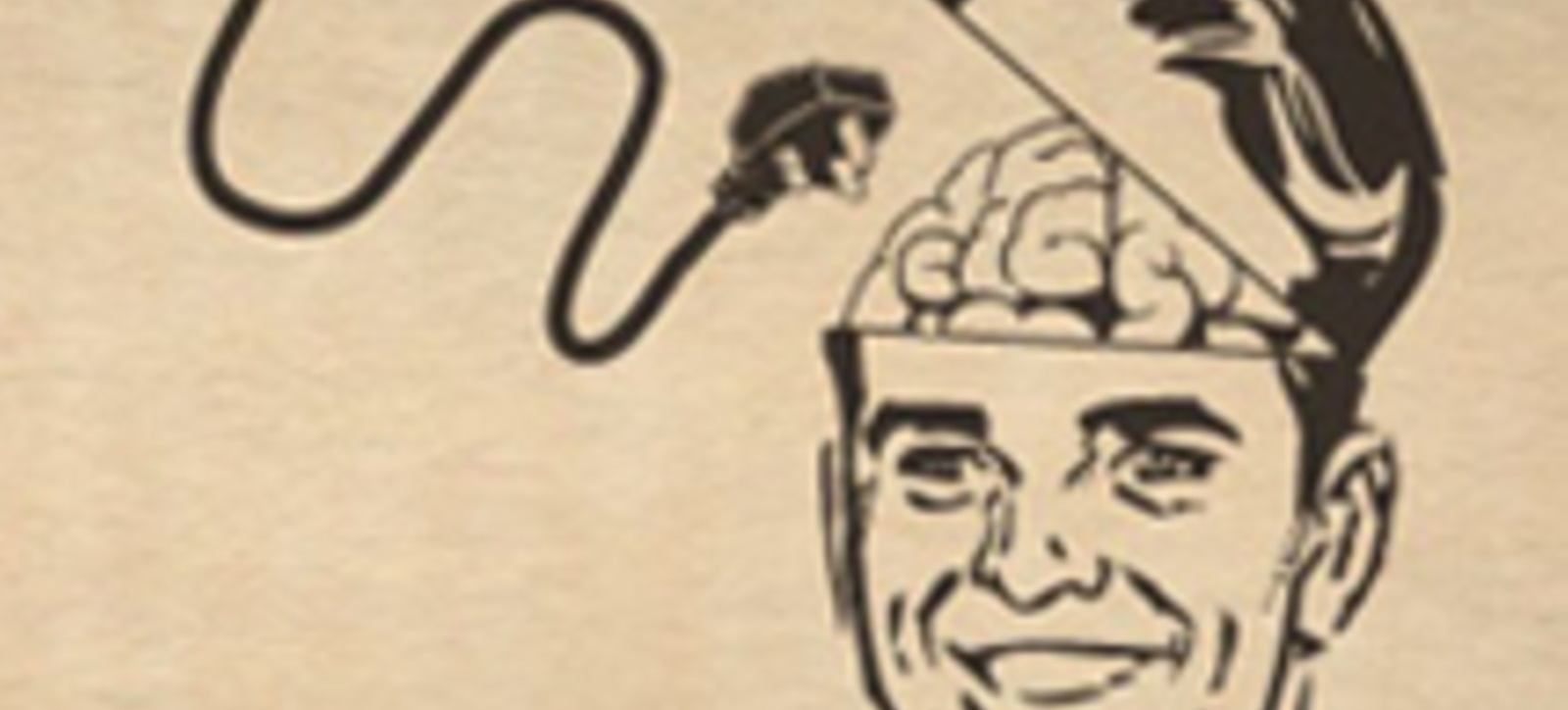
- The Human Zoo reveals major decisions change how we think
- Nick Chater says once a decision is made we tend to stick with it
- We over estimate the impact of a decision through affective forecasting
- But hindsight bias makes us feel better about the outcome says Chater
On a major decision such as the EU referendum the morning after the night before can lead to some serious introspective ponderings.
But as Nick Chater, Professor of Behavioural Science at Warwick Business School, told BBC Radio 4’s The Human Zoo, a difficult decision can change how we behave and how we think – changing us on the inside as the deed is done and making us eager to stubbornly stand by our decision.
“Difficult decisions can lead our mind to being torn and pulled in a variety of directions. The moment of decision is the point one of those impulses takes control and pulls us in one direction,” said Professor Chater.
“Having made a particular lunge we tend to stick to a decision made and get the rest of our thoughts in line with the decision we’ve made.”
As Greg Maio, Professor of Psychology at Cardiff University, explains, the act of deciding fits into the classic social psychology theory of cognitive dissonance. The theory suggests even if we have contradictory beliefs on an issue, we tend to favour our final choice more strongly.
Professor Chater added: “A lot of human behaviour revolves around improvising; we are almost improvisation actors playing a role without being sure what the role is. But, when the decision is made, we then feel ‘my character did this so I should act like this’, to make the character make sense. Once we’ve jumped in one direction, we want to continue to fit into it.
“Think of our understanding of ourselves as similar to our understanding of other people: when you think carefully about it and look directly into yourself – just like how we try to see what other people are thinking - it is very hard and easy to think 'I don’t see anything'.
“As long as we stick by what we thought, we are likely to feel either we have triumphed, or feel very cross the outcome isn’t what we desired and that will tend to harden attitudes.”
Affective forecasting
Professor Chater suggests people might be surprised at just how badly we are at predicting how we are likely to feel after an event involving a big decision, especially if it is not what we hoped for. This is known as affective forecasting.
Then there is hindsight, after which Professor Chater says we tend to imagine we knew how it would turn out all along: something known as hindsight bias
“If we get bad news it can help soften the blow: we can always think to ourselves well I thought it would turn out this way,” said Professor Chater.
Ralph Hertwig of the Max Planck Institute, Berlin, highlights research showing how we feel prior to and after political elections.
“The general results tend to show we tend to overestimate the emotional impact – so if the outcome is totally against our view, we think ‘I will be totally destroyed’ or ‘I’ll be annoyed for months’. But affective forecasting research shows we tend to overestimate the duration and adjust very quickly and far quicker than envisioned.”
On hindsight bias, Ralph sees it as a refresh or a system update of our memory.
After such an event, we become more certain we could have easily predicted it more effectively. As Ralph suggests the human mind updates our knowledge space, so when we try to reconstruct what we originally said, we access the space once again. However it is not the old space now, but the new one which is more consistent with the actual outcome rather than our initial opinion.
Blind against arguments
What is the effect of all this on our thinking then? Once we sit firmly on one side or the other what does it mean in terms of our actions?
Professor Chater said: “When forced to make a decision, it crystallises our views. We think it is either a really good idea in every respect or a bad idea across the board. This polarising force can create more rancour than what we expect when usually we don’t have to come down on one side or other.
“There is a cost, later when evidence comes in; we tend to be blind against arguments that make us think ah, I was wrong after all. Even if to an outsider one side or the other is more clearly right.”
Catch previous episodes of The Human Zoo on BBC's iPlayer service.
To find out more about behavioural science sign up for Warwick Business School free online course The Mind is Flat: the Shocking Shallowness of Human Psychology.




 X
X Facebook
Facebook LinkedIn
LinkedIn YouTube
YouTube Instagram
Instagram Tiktok
Tiktok